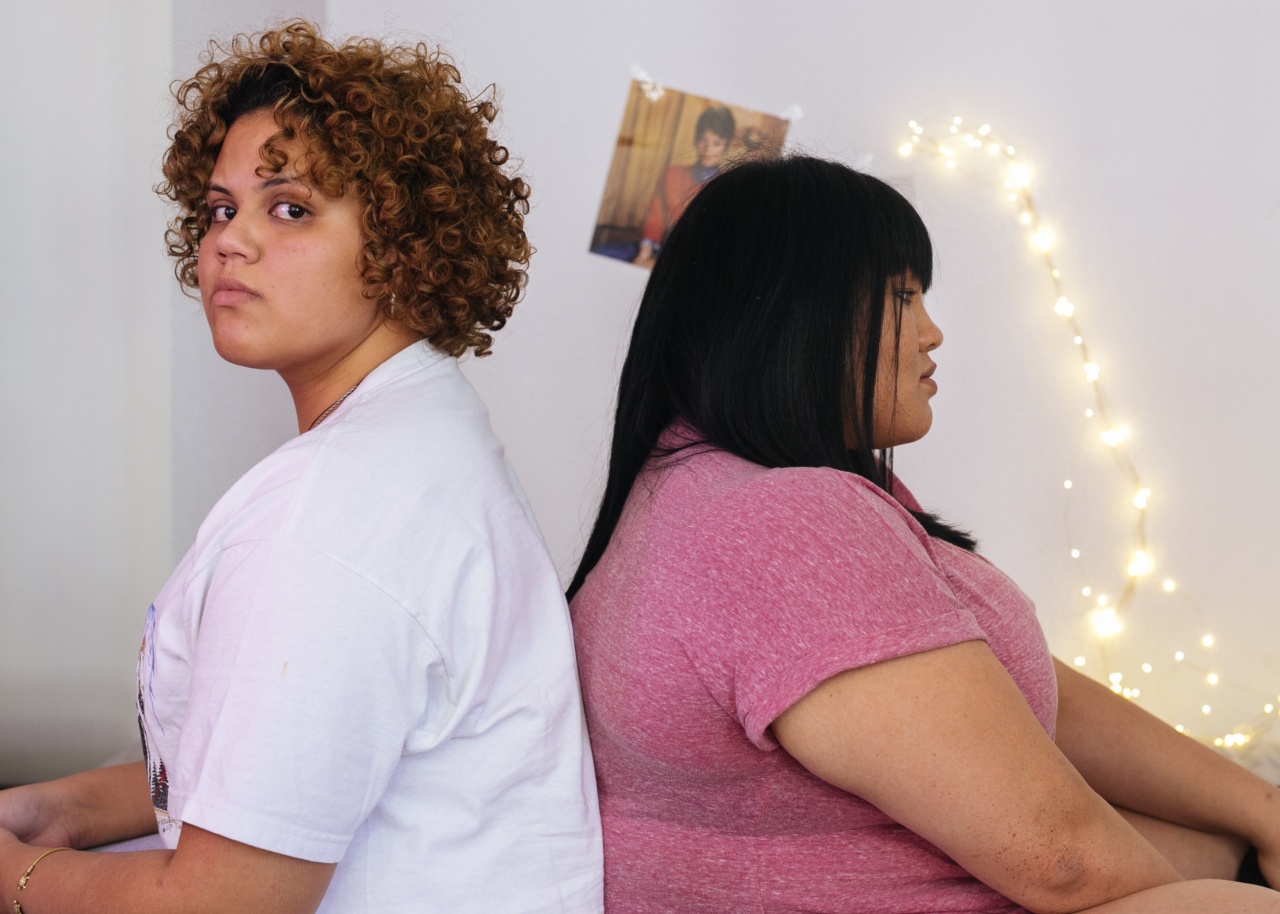It can be difficult to determine whether your partner is experiencing depression, as the symptoms may not always be obvious. Depression is a serious mental health condition that affects millions of people worldwide, including both men and women.
If you suspect that your partner may be depressed, it’s important to look out for certain signs and symptoms. In this article, we will discuss some of the key indicators that can help you determine if your partner is suffering from depression.
1. Persistent Sadness or Hopelessness
One of the most common signs of depression is persistent sadness or a feeling of hopelessness.
If your partner seems consistently down, frequently expresses feelings of sadness or emptiness, and lacks interest or pleasure in activities they used to enjoy, it may be a sign of depression.
2. Changes in Sleep Patterns
Depression often brings about changes in a person’s sleep patterns. Your partner may experience excessive sleeping, insomnia, or interrupted sleep.
They may struggle to fall asleep, wake up frequently during the night, or have trouble staying asleep. Pay attention to any significant changes in their sleep habits.
3. Loss of Energy and Fatigue
If your partner frequently complains of tiredness or lacks energy, it could be a sign of depression. Depression can drain a person’s mental and physical energy, leaving them feeling constantly fatigued.
They may also lack motivation to engage in their regular daily activities.
4. Changes in Appetite and Weight
Depression can also lead to changes in appetite and weight. Your partner may experience a significant decrease or increase in their appetite, resulting in noticeable weight loss or gain.
Pay attention to sudden and significant shifts in their eating habits or body weight.
5. Irritability or Restlessness
Depression can manifest as increased irritability, anger, or restlessness in some individuals. Your partner may become easily agitated, have a shorter fuse, or display noticeable signs of frustration.
These mood changes may occur without an apparent trigger.
6. Difficulty Concentrating
Depression often affects a person’s ability to concentrate and make decisions. Your partner may find it challenging to focus on tasks at hand, experience memory problems, and struggle with decision-making.
If you notice a decline in their cognitive functioning, it may be a sign of depression.
7. Withdrawal from Social Activities
Depressed individuals often withdraw from social activities or lose interest in spending time with friends and family.
If your partner starts canceling plans, avoiding social gatherings, or isolating themselves, it could be an indication of underlying depression.
8. Physical Pains and Aches
While depression primarily affects one’s emotional well-being, it can also manifest as physical symptoms. Your partner may complain of physical pains, such as headaches, backaches, or stomachaches, without an identifiable medical cause.
These can be manifestations of their mental distress.
9. Increased Substance Abuse
Individuals with depression may turn to alcohol or drugs as a means of self-medication or to numb their emotional pain.
If you notice your partner using substances excessively or developing an unhealthy reliance on them, it could be a sign that they are trying to cope with depression.
10. Suicidal Thoughts or Talk
Suicidal thoughts should always be taken seriously. If your partner expresses thoughts of self-harm, talks about suicide, or exhibits other warning signs, it is crucial to seek help immediately.
Contact a mental health professional or helpline in your country to ensure your partner’s safety.
Conclusion
Recognizing depression in your partner can be challenging, as the signs and symptoms can vary.
However, if you notice persistent sadness, changes in sleep patterns, loss of energy, appetite and weight changes, irritability, difficulty concentrating, withdrawal from social activities, physical pains, increased substance abuse, or any mention of suicidal thoughts, it is important to address the situation with compassion and seek professional help. Depression is a treatable condition, and supporting your partner through their mental health journey can make a significant difference in their recovery.






























